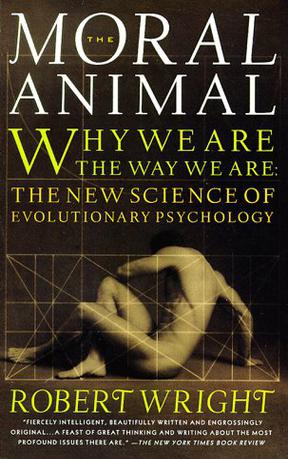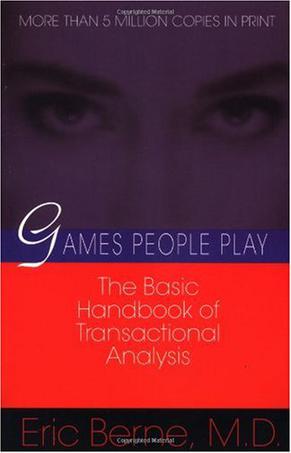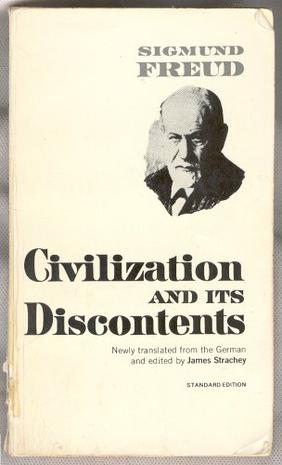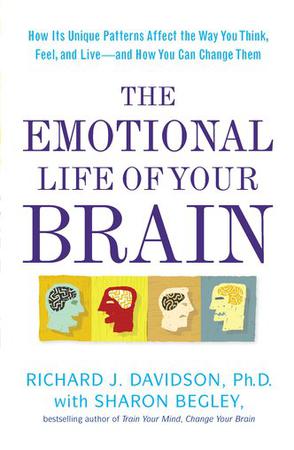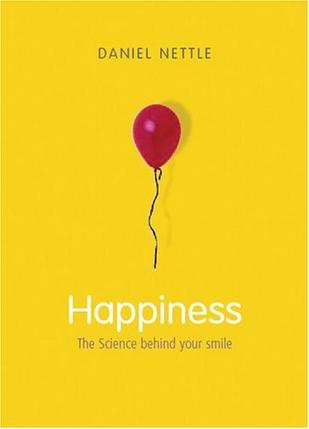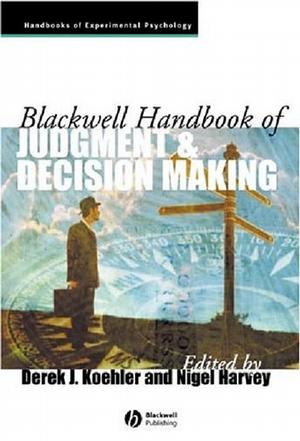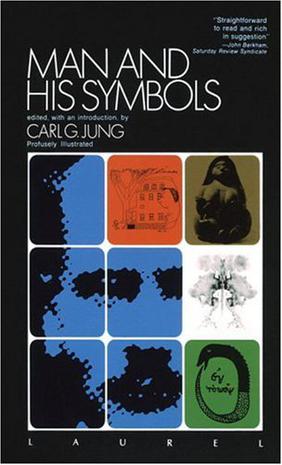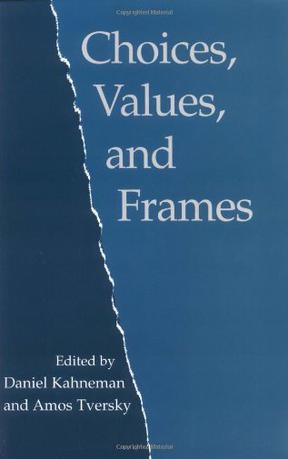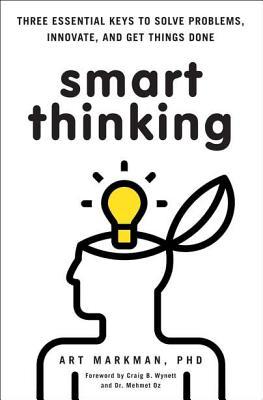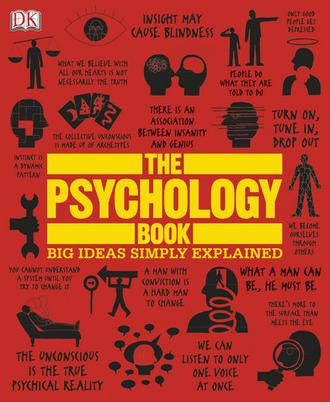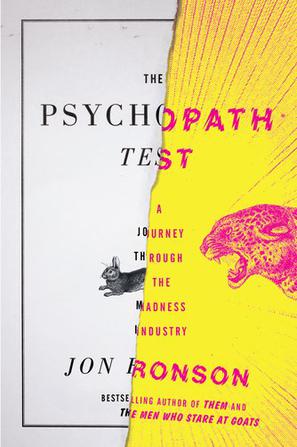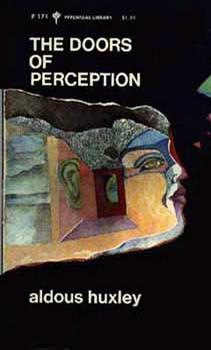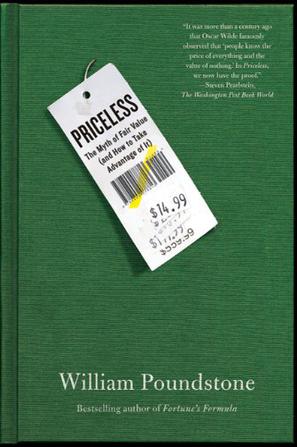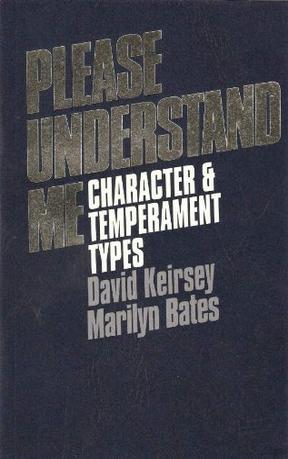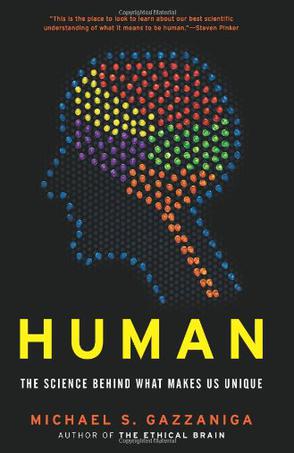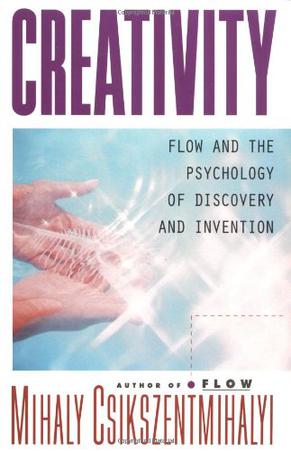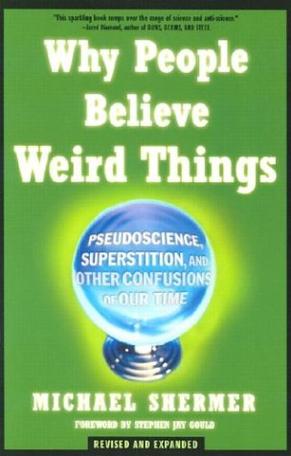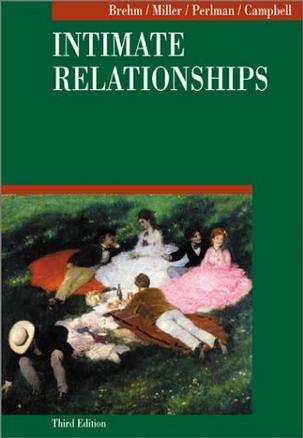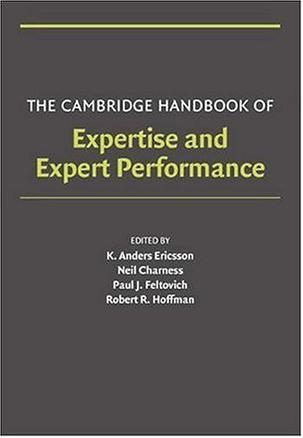欢迎来到相识电子书!
标签:psychology
-
Games People Play
"We think we're relating to other people-but actually we're all playing games."Forty years ago, "Games People Play "revolutionized our understanding of what "really" goes on during our most basic social interactions. More than five million copies later, Dr. Eric Berne's classic is as astonishing-and revealing-as it was on the day it was first published. This anniversary edition features a new introduction by Dr. James R. Allen, president of the International Transactional Analysis Association, and Kurt Vonnegut's brilliant "Life" magazine review from 1965.We play games all the time-sexual games, marital games, power games with our bosses, and competitive games with our friends. Detailing status contests like "Martini" (I know a better way), to lethal couples combat like "If It Weren't For You" and "Uproar," to flirtation favorites like "The Stocking Game" and "Let's You and Him Fight," Dr. Berne exposes the secret ploys and unconscious maneuvers that rule our intimate lives.Explosive when it first appeared, "Games People Play "is now widely recognized as the most original and influential popular psychology book of our time. It's as powerful and eye-opening as ever. -
Happiness
What exactly is happiness? Can we measure it? Why are some people happy and others not? And is there a drug that could eliminate all unhappiness? People all over the world, and throughout the ages, have thought about happiness, argued about its nature, and, most of all, desired it. But why do we have such a strong instinct to pursue happiness? And if happiness is good in itself, why haven't we simply evolved to be happier? Daniel Nettle uses the results of the latest psychological studies to ask what makes people happy and unhappy, what happiness really is, and to examine our urge to achieve it. Along the way we look at brain systems, at mind-altering drugs, and how happiness is now marketed to us as a commodity. Nettle concludes that while it may be unrealistic to expect lasting happiness, our evolved tendency to seek happiness drives us to achieve much that is worthwhile in itself. What is more, it seems to be not your particular circumstances that define whether you are happy so much as your attitude towards life. Happiness gives us the latest scientific insights into the nature of our feelings of well-being, and what these imply for how we might live our lives. -
Blackwell Handbook of Judgment and Decision Making (Blackwell Handbooks of Experimental Psychology)
The Blackwell Handbook of Judgment and Decision Making is a state-of-the art overview of current topics and research in judgment and decision making. Chapters are contributed by experts in the field from various disciplines such as psychology, cognitive science, business, and law. The selection of topics reflects current trends and controversies on judgment and decision-making. Each chapter includes an overview of the past followed by current work and current directions in the field.The book:- provides a glimpse at the many approaches that have been taken in the study of judgment and decision making, including bounded rationality, computational modelling, and the heuristics and biases approach- portrays the major findings in the field and covers topics such as probablistic reasoning, hypothesis testing, multiattribute choice, and decision making under risk and uncertainty- presents examinations of the broader roles of social, emotional, and cultural influences on decision making- explores applications of judgment and decision making research to important problems in a variety of professional contexts, including finance, accounting, medicine, public policy, and the law
The Blackwell Handbook of Judgment and Decision Makingis a state-of-the art overview of current topics and research in judgment and decision making. Chapters are contributed by experts in the field from various disciplines such as psychology, cognitive science, business, and law. The selection of topics reflects current trends and controversies on judgment and decision-making. Each chapter includes an overview of the past followed by current work and current directions in the field.The book:- provides a glimpse at the many approaches that have been taken in the study of judgment and decision making, including bounded rationality, computational modelling, and the heuristics and biases approach- portrays the major findings in the field and covers topics such as probablistic reasoning, hypothesis testing, multiattribute choice, and decision making under risk and uncertainty- presents examinations of the broader roles of social, emotional, and cultural influences on decision making- explores applications of judgment and decision making research to important problems in a variety of professional contexts, including finance, accounting, medicine, public policy, and the law -
Man and His Symbols
Illustrated throughout with revealing images, this is the first and only work in which the world-famous Swiss psychologist explains to the layperson his enormously influential theory of symbolism as revealed in dreams. -
Choices, Values, and Frames
This book presents the definitive exposition of 'prospect theory', a compelling alternative to the classical utility theory of choice. Building on the 1982 volume, Judgement Under Uncertainty, this book brings together seminal papers on prospect theory from economists, decision theorists, and psychologists, including the work of the late Amos Tversky, whose contributions are collected here for the first time. While remaining within a rational choice framework, prospect theory delivers more accurate, empirically verified predictions in key test cases, as well as helping to explain many complex, real-world puzzles. In this volume, it is brought to bear on phenomena as diverse as the principles of legal compensation, the equity premium puzzle in financial markets, and the number of hours that New York cab drivers choose to drive on rainy days. Theoretically elegant and empirically robust, this volume shows how prospect theory has matured into a new science of decision making. -
Smart Thinking
Think smart people are just born that way? Think again. Drawing on diverse studies of the mind, from psychology to linguistics, philosophy, and learning science, Art Markman, Ph.D., demonstrates the difference between "smart thinking" and raw intelligence, showing readers how memory works, how to learn effectively, and how to use knowledge to get things done. He then introduces his own three-part formula for readers to employ "smart thinking" in their daily lives. "Smart Thinking" gives readers: *The means to replace self-limiting habits with new behaviors that foster smart thinking *An understanding of the mind itself as well as memory *The ability to define and solve problems by finding and applying relevant knowledge *Ways to present and process information effectively -
The Psychology Book
Clearly explaining more than 100 groundbreaking ideas in the field, The Psychology Book uses accessible text and easy-to-follow graphics and illustrations to explain the complex theoretical and experimental foundations of psychology. From its philosophical roots through behaviorism, psychotherapy, and developmental psychology, The Psychology Book looks at all the greats from Pavlov and Skinner to Freud and Jung, and is an essential reference for students and anyone with an interest in how the mind works. -
The Psychopath Test
In this madcap journey, a bestselling journalist investigates psychopaths and the industry of doctors, scientists, and everyone else who studies them. The Psychopath Test is a fascinating journey through the minds of madness. Jon Ronson's exploration of a potential hoax being played on the world's top neurologists takes him, unexpectedly, into the heart of the madness industry. An influential psychologist who is convinced that many important CEOs and politicians are, in fact, psychopaths teaches Ronson how to spot these high-flying individuals by looking out for little telltale verbal and nonverbal clues. And so Ronson, armed with his new psychopath-spotting abilities, enters the corridors of power. He spends time with a death-squad leader institutionalized for mortgage fraud in Coxsackie, New York; a legendary CEO whose psychopathy has been speculated about in the press; and a patient in an asylum for the criminally insane who insists he's sane and certainly not a psychopath. Ronson not only solves the mystery of the hoax but also discovers, disturbingly, that sometimes the personalities at the helm of the madness industry are, with their drives and obsessions, as mad in their own way as those they study. And that relatively ordinary people are, more and more, defined by their maddest edges. -
The Doors of Perception
The Doors of Perception is a 1954 book by Aldous Huxley detailing his experiences when taking mescaline. This short book is considered to be one of the most profound studies of the effects of mind-expanding drugs and what they teach about how the mind works. The title comes from William Blake's The Marriage of Heaven and Hell: "If the doors of perception were cleansed,every thing would appear to man as it is, infinite. For man has closed himself up, till he sees all things through narrow chinks of his cavern." -
心理学通史
《心理学通史》分三篇,上篇为心理学思想史;中篇为心理学流派;下篇为心理学新发展。包括近代欧洲的心理学思想、科学心理学的建立、行为主义的演变、精神分析的演变、女性主义心理学和社会建构论心理学等内容。 -
Priceless
Prada stores carry a few obscenely expensive items in order to boost sales for everything else (which look like bargains in comparison). People used to download music for free, then Steve Jobs convinced them to pay. How? By charging 99 cents. That price has a hypnotic effect: the profit margin of the 99 Cents Only store is twice that of Wal-Mart. Why do text messages cost money, while e-mails are free? Why do jars of peanut butter keep getting smaller in order to keep the price the “same”? The answer is simple: prices are a collective hallucination. In Priceless , the bestselling author William Poundstone reveals the hidden psychology of value. In psychological experiments, people are unable to estimate “fair” prices accurately and are strongly influenced by the unconscious, irrational, and politically incorrect. It hasn’t taken long for marketers to apply these findings. “Price consultants” advise retailers on how to convince consumers to pay more for less, and negotiation coaches offer similar advice for businesspeople cutting deals. The new psychology of price dictates the design of price tags, menus, rebates, “sale” ads, cell phone plans, supermarket aisles, real estate offers, wage packages, tort demands, and corporate buyouts. Prices are the most pervasive hidden persuaders of all. Rooted in the emerging field of behavioral decision theory, Priceless should prove indispensable to anyone who negotiates. 点击链接进入中文版: 无价:洞悉大众心理玩转价格游戏 -
Please Understand Me
Does your spouse's need to alphabetically organize books on the shelves puzzle you? Do your boss's tsunami-like moods leave you exasperated? Do your child's constant questions make you batty? If you've ever wanted to change your mate, your coworkers, or a family member, then "Put down your chisel," advise David Keirsey and Marilyn Bates in this book of personality types. We are different for a reason, and that reason is probably more good than bad. Keirsey and Bates believe that not only is it impossible to truly change others (which they call embarking on a "Pygmalion project"), it's much more important to understand and affirm differences. Sounds easier than it is, you might say. Well, this book is a guide for putting an end to the Pygmalion projects in your life and starting on the path to acceptance. For anyone acquainted with the ubiquitous Myers-Briggs personality test, Please Understand Me will be familiar territory--but gone over with a fine-toothed comb. And for the uninitiated, this book will be a quick introduction to personality typing the Myers-Briggs way--with a Jungian accent. After presenting a brief rundown of 20th-century psychology movements, Keirsey and Bates encourage you to take the 70-question "Keirsey Temperament Sorter," a sort of mini-Myers-Briggs test that places you in 1 of 16 personality types. Like the Myers-Briggs system, this test sorts your personality into groups of extraversion/introversion (E/I), sensation/intuition (S/N), thinking/feeling (T/F), and perceiving/judging (P/J). Unlike the Myers-Briggs system, Please Understand Me also presents four easy-to-remember temperament types--Dionysian (freedom first), Epimethean (wants to be useful), Promethean (desires power), and Apollonian (searches for self)--that underlie the 16 possible personalities identified by the test. The book then delves into a detailed analysis of each type, with sections on mates, children, and leaders. An appendix paints portraits of the 16 possible personality types. Unless you're already a true personality-typing devotee, this book may seem a little esoteric, especially the somewhat "in" references to psychological theory that few laypeople will be likely to understand. But give it a chance and you may find that you'll begin to understand why you always know where to find Anna Karenina on the shelf (you have an ESTJ husband), why your boss is sarcastic one day and praises your achievements the next (she's an NF), and why knowing the reason that the sun comes up in the same place every day is important to your little one (he's Promethean). You may even find that once you accept quirks and ticks in others, they will understand you a little better, too. --Stefanie Durbin -
Human
One of the world's leading neuroscientists explores how best to understand the human condition by examining the biological, psychological, and highly social nature of our species within the social context of our lives. What happened along the evolutionary trail that made humans so unique? In his widely accessible style, Michael Gazzaniga looks to a broad range of studies to pinpoint the change that made us thinking, sentient humans, different from our predecessors. Neuroscience has been fixated on the life of the psychological self for the past fifty years, focusing on the brain systems underlying language, memory, emotion, and perception. What it has not done is consider the stark reality that most of the time we humans are thinking about social processes, comparing ourselves to and estimating the intentions of others. In Human, Gazzaniga explores a number of related issues, including what makes human brains unique, the importance of language and art in defining the human condition, the nature of human consciousness, and even artificial intelligence. -
Creativity
在线阅读本书 Creativity is about capturing those moments that make life worth living. The author's objective is to offer an understanding of what leads to these moments, be it the excitement of the artist at the easel or the scientist in the lab, so that knowledge can be used to enrich people's lives. Drawing on 100 interviews with exceptional people, from biologists and physicists to politicians and business leaders, poets and artists, as well as his 30 years of research on the subject, Csikszentmihalyi uses his famous theory to explore the creative process. He discusses such ideas as why creative individuals are often seen as selfish and arrogant, and why the tortured genius is largely a myth. Most important, he clearly explains why creativity needs to be cultivated and is necessary for the future of our country, if not the world. -
Why People Believe Weird Things
Revised and Expanded Edition. In this age of supposed scientific enlightenment, many people still believe in mind reading, past-life regression theory, New Age hokum, and alien abduction. A no-holds-barred assault on popular superstitions and prejudices, with more than 80,000 copies in print, "Why People Believe Weird Things" debunks these nonsensical claims and explores the very human reasons people find otherworldly phenomena, conspiracy theories, and cults so appealing. In an entirely new chapter, "Why "Smart" People Believe in Weird Things," Michael Shermer takes on science luminaries like physicist Frank Tippler and others, who hide their spiritual beliefs behind the trappings of science. Shermer, science historian and true crusader, also reveals the more dangerous side of such illogical thinking, including Holocaust denial, the recovered-memory movement, the satanic ritual abuse scare, and other modern crazes. "Why People Believe Strange Things" is an eye-opening resource for the most gullible among us and those who want to protect them. -
Intimate Relationships
Intimate Relationships, 3rd editon, by Sharon S. Brehm, Rowland S. Miller, Daniel Perlman, and Susan Campbell preserves the personal appeal of the subject matter and vigorous standards of scholarship that made the earlier editions so successful. Written in a unified voice, this text builds on the reader-friendly tone that was established in the first two editions. It presents the key findings on intimate relationships, the major theoretical perspectives, and some of the current controversies in the field. Brehm, Miller, Perlman, and Campbell illustrate the relevance of close relationship science to readers' everyday lives, encouraging thought and analysis. Classic contributions to the field are covered in addition to topics on the leading edge of research. -
The Cambridge Handbook of Expertise and Expert Performance
This 2006 book was the first handbook where the world's foremost 'experts on expertise' reviewed our scientific knowledge on expertise and expert performance and how experts may differ from non-experts in terms of their development, training, reasoning, knowledge, social support, and innate talent. Methods are described for the study of experts' knowledge and their performance of representative tasks from their domain of expertise. The development of expertise is also studied by retrospective interviews and the daily lives of experts are studied with diaries. In 15 major domains of expertise, the leading researchers summarize our knowledge on the structure and acquisition of expert skill and knowledge and discuss future prospects. General issues that cut across most domains are reviewed in chapters on various aspects of expertise such as general and practical intelligence, differences in brain activity, self-regulated learning, deliberate practice, aging, knowledge management, and creativity.
热门标签
下载排行榜
- 1 梦的解析:最佳译本
- 2 李鸿章全传
- 3 淡定的智慧
- 4 心理操控术
- 5 哈佛口才课
- 6 俗世奇人
- 7 日瓦戈医生
- 8 笑死你的逻辑学
- 9 历史老师没教过的历史
- 10 1分钟和陌生人成为朋友

